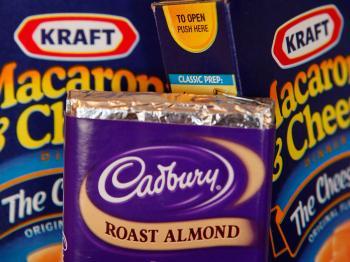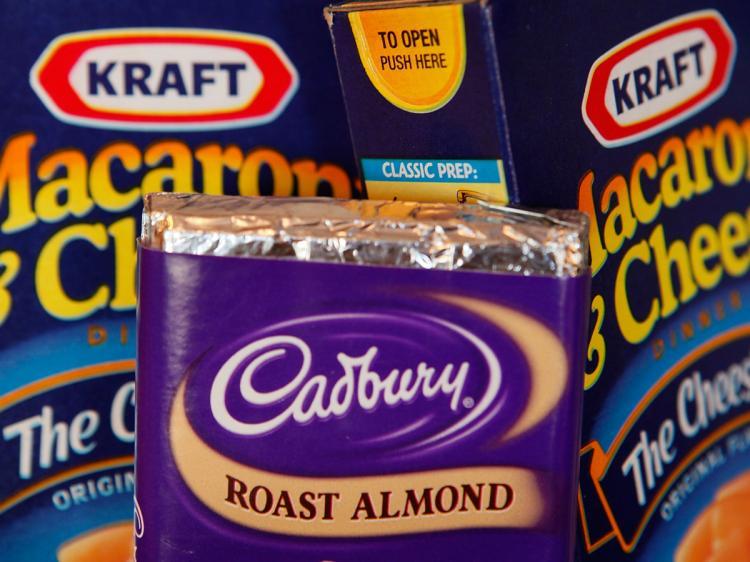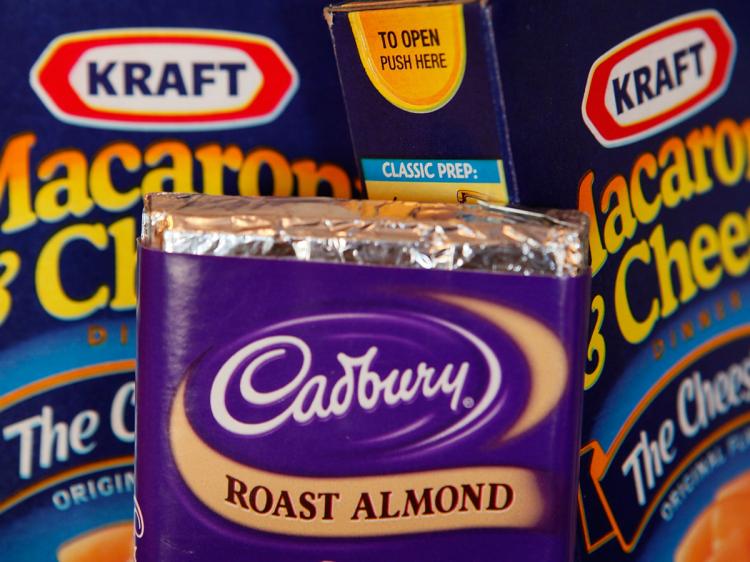WASHINGTON—Judging by the amount of recent merger and acquisition (M&A) activity, the global economy surely is picking up steam.
M&A related activities were dismal during the first three quarters of 2009, but picked up speed during the last quarter and went into high gear during the first month of 2010.
“The fourth quarter has set the stage for an active year in M&As in 2010,” said Jessica Canning, global research director of Dow Jones VentureSource, in a statement. “As the economy improves, acquirers are gaining confidence in their own financial situation and returning to strategic acquisitions.”
“At the same time, the steady trickle of public offerings is teasing investors who expect the IPO window will re-open in the coming year,” she said.
Experts predict that M&A activity will grow in 2010, but the size of deals will be small given the scarcity of funding and today’s economic realities.
Peter Majar, managing director at Freeman & Co. LLC, predicted that the securities industry will become slightly more active after June 2010, with the bulk of the deals focusing on smaller, more specialized firms, according to a company release.
Yet other experts noticed an upsurge in M&A activity long before the end of 2009 as the recession started to retract. The global markets were recovering and liquidity perked up. But caution is in the wind and will be so for some time.
“Transactions will be more considered and less cut-throat in 2010,” said James Hatchley, managing director at Freeman & Co., quoted by gtnews, a global information provider for financial professionals.
Coming to Grips with Reality
“When you do a deal, you bear a lot of risks,” said Pavel Savor, finance professor at the University of Pennsylvania. “Are you overpaying? Is the target overvalued? Are the synergies that you expect to harvest really there? But you also bear the small idiosyncratic risk, which is integration risk,” he said in a Knowledge@Wharton (KW) report.
Experts suggest that the M&A landscape has changed significantly from the time when credit was plentiful, financial statements were healthy, and the purchase price of firms was relatively high. But the demand is still there as companies rather invest in a ready-made products and aren’t willing to go the traditional way—investing in research and development.
“Companies hunkered down. They saved money. They cut costs. They laid off people. They didn’t have many opportunities to spend, and they just tried to pull back. The recession created a kind of forced savings,” Management Professor Larry Hrebiniak explained in the KW article.
It is imperative that M&A investors understand the new realities and lower their hopes for great returns in the current environment.
On the other hand, many highly leveraged companies (with massive debt) are facing bankruptcies and restructuring. Such companies are in a cash crunch and are easy targets for potential acquirers.
“Taking less risk and selling early. That means a switch of focus from building companies to building products,” a TechCrunch commentary suggested.
Unlike the boom times when companies went out and acquired businesses outside of their main competencies, today many companies are looking to strengthen their core business.
“The recession is creating a strategic thrust for [acquiring] businesses that are consistent with core capabilities. Look at Kraft and Cadbury, Stanley and Black & Decker, and Disney and Marvel ... You build more. We are going to see a lot more related diversifications and fewer unrelated diversifications,” Hrebiniak said in the KW article.
Driven by Demand
Two major industry players kicked off the 2010 buying season on Jan. 4.
Swiss pharmaceutical giant Novartis, 22 percent owner in the eye care company Alcon Inc., announced its decision to purchase the remaining stake that it doesn’t already own.
Total E&P USA Inc., a subsidiary of energy giant TOTAL of France, acquired a 25 percent share in Chesapeake Energy’s Barnett shale gas portfolio for $800 million and agreed to pay another $1.45 billion over a period of roughly six years for the company.
Mergerstat.com, a Web-based M&A intelligence service, published information on 10 additional merger deals between Jan. 7 and Jan. 11. The largest M&A deal was for $7.6 billion with Heineken N.V. acquiring FEMSA Cerveza S.A. de C.V.
In the last few months of 2009, 86 companies changed hands through M&A with a total price tag of $7.3 billion, and three additional IPOs generated another $220 million.
Throughout 2009, M&A activity ($18.1 billion) generated 34 percent less liquidity than in 2008 when the market churned out $26.1 billion in total liquidity, according to VentureSource and Mergerstat.com,.
A number of very large M&A transactions were seen in 2009, with a median price of roughly $145 million versus a median of $19 million in the last quarter of 2008. However, the annual median of $33 million for 2008 was $33 million higher than the $27 million median in 2009.
According to Mergerstat.com, there were 7,140 M&A deals in 2009 versus 8,268 in 2008, and 10,574 in 2007.
In 2009, the U.S. computer software, supplies, and services industry experienced 1,329 M&A deals, by far the highest activity, while the drug, medical supplies, and equipment industry produced the highest dollar value with 319 deals at a total value of $219 billion.
Two highly debated deals in 2009 were the mergers of XTO Energy Inc. into Exxon Mobil Corp. with a value of $41 billion, and the acquisition of Burlington Northern Santa Fe Corp. by Berkshire Hathaway Inc.






